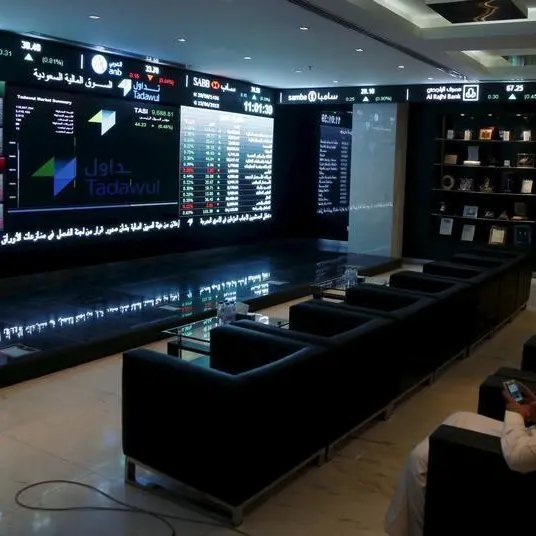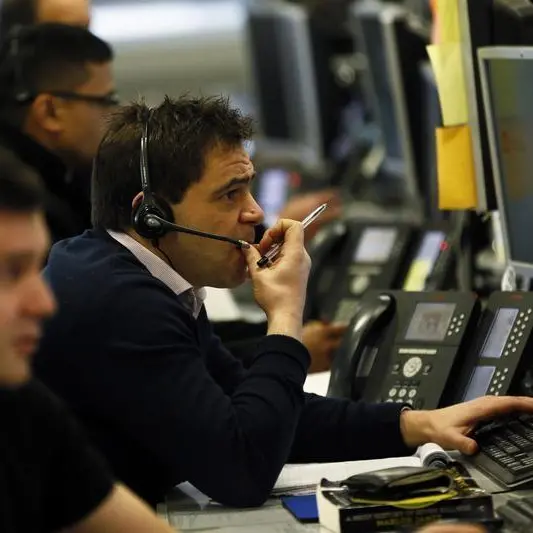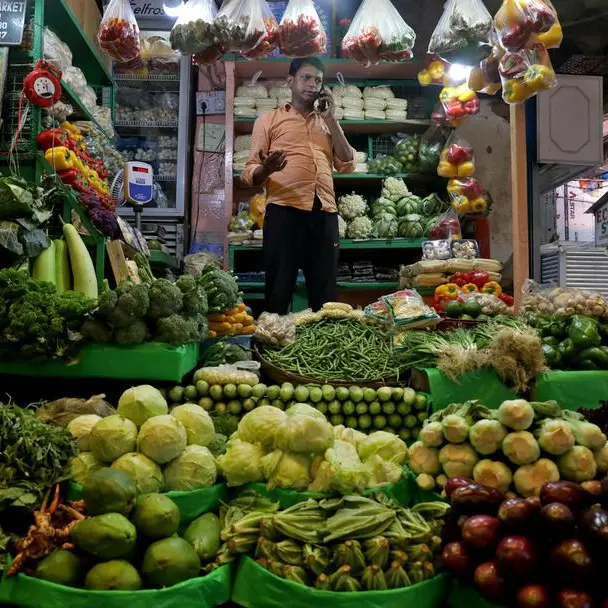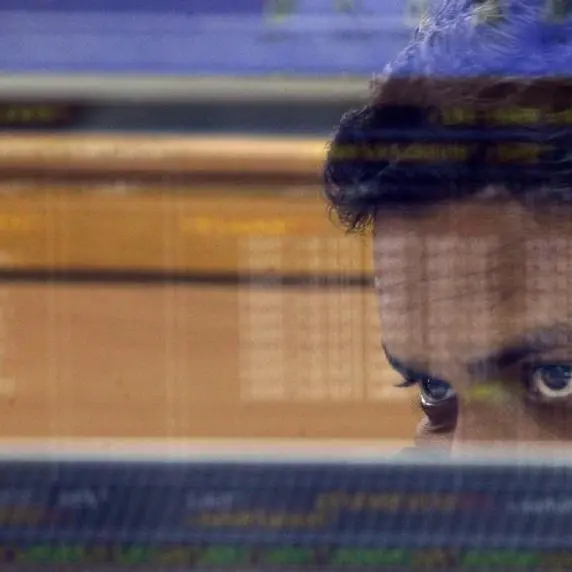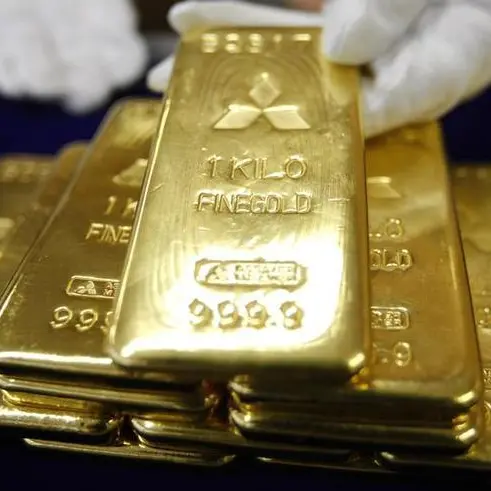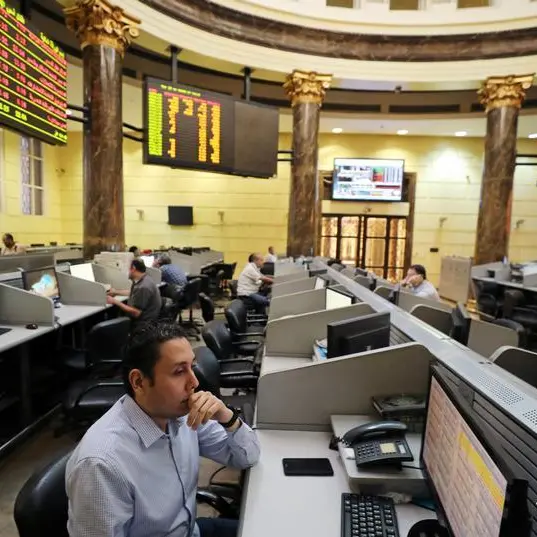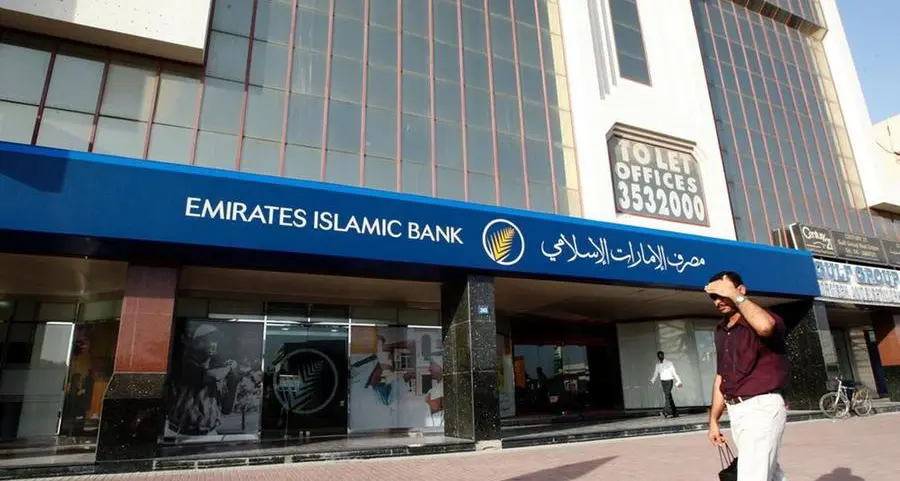Chinese stocks rallied to two-week highs on Monday after the central bank unveiled tweaks to its interest rate setting, offering hope to investors that major economies will use stimulus measures to battle a global slowdown.
The MSCI index of emerging market stocks rose 0.7%, as Beijing's heavyweight indexes jumped over 2%. Hong Kong-listed shares also made similar gains as anti-government demonstrations entered the eleventh week, although were the calmest since protests plunged Asia's financial hub into chaos.
Main stock benchmarks in South Korea and Taiwan rose about 0.6%, while share markets in emerging Europe also gained on news of Germany's government readying fiscal measures to counter a possible recession.
The People's Bank of China (PBOC) said on Saturday it will improve the mechanism used to establish the loan prime rate (LPR) from August, in a move to further lower real interest rates for companies as part of broader market reforms.
"This will succeed the original PBOC 'daily fix' and force corporate lending rates to follow market rates. To all intents and purposes it is a 'stealth' easing policy," Jefferies analysts wrote in a note.
The yuan, however, edged lower as trade concerns lingered after U.S. President Donald Trump said he was not yet ready to make a trade deal with China, hinting that he would like to ongoing protests in Hong Kong resolved first.
Financial markets have witnessed a turbulent August as worries that a prolonged U.S.-China trade war will drive the global economy into recession, sparked a flight from risky assets such as stocks and developing world markets.
Currencies were largely mixed, with rising oil prices after a weekend attack on a Saudi oil facility by Yemeni separatists adding pressure on currencies of net oil importers.
The Turkish lira fell about 0.2% and South Africa's rand lost 0.6%, while Russia's rouble also fell 0.6% to fresh six-month lows despite a recovery in prices of oil, its top export.
Investors will look for signs of fresh weakness in Argentina's peso when the currency opens for trading after ratings agencies Fitch and Standard & Poor's downgraded the country's sovereign debt rating on Friday, flagging higher chances of a default in the wake of a shock primary election result.
(Reporting by Sruthi Shankar in Bengaluru Editing by Ros Russell) ((sruthi.shankar@thomsonreuters.com; within U.S. +1 646 223 8780; outside U.S. +91 80 6749 6328))
